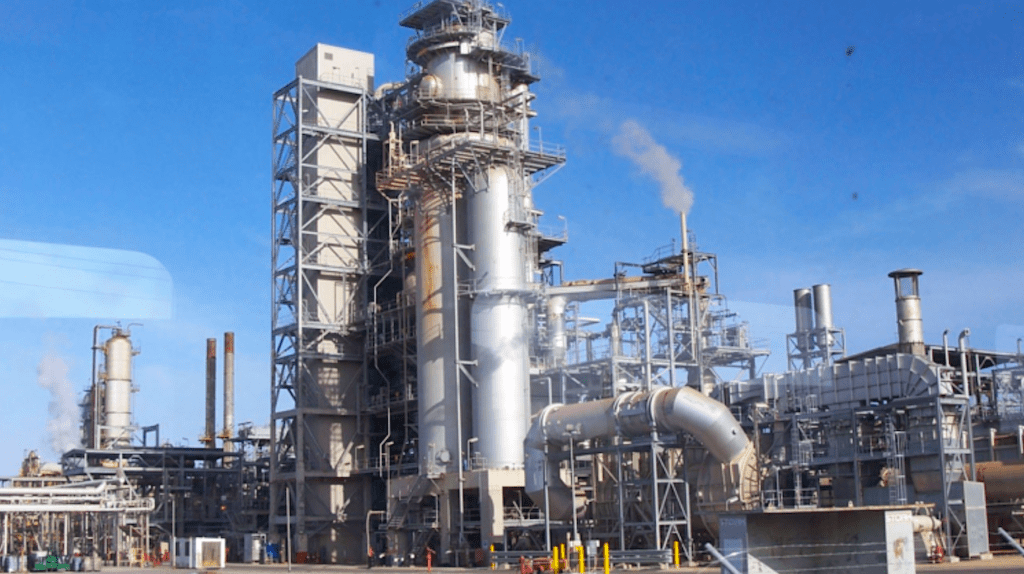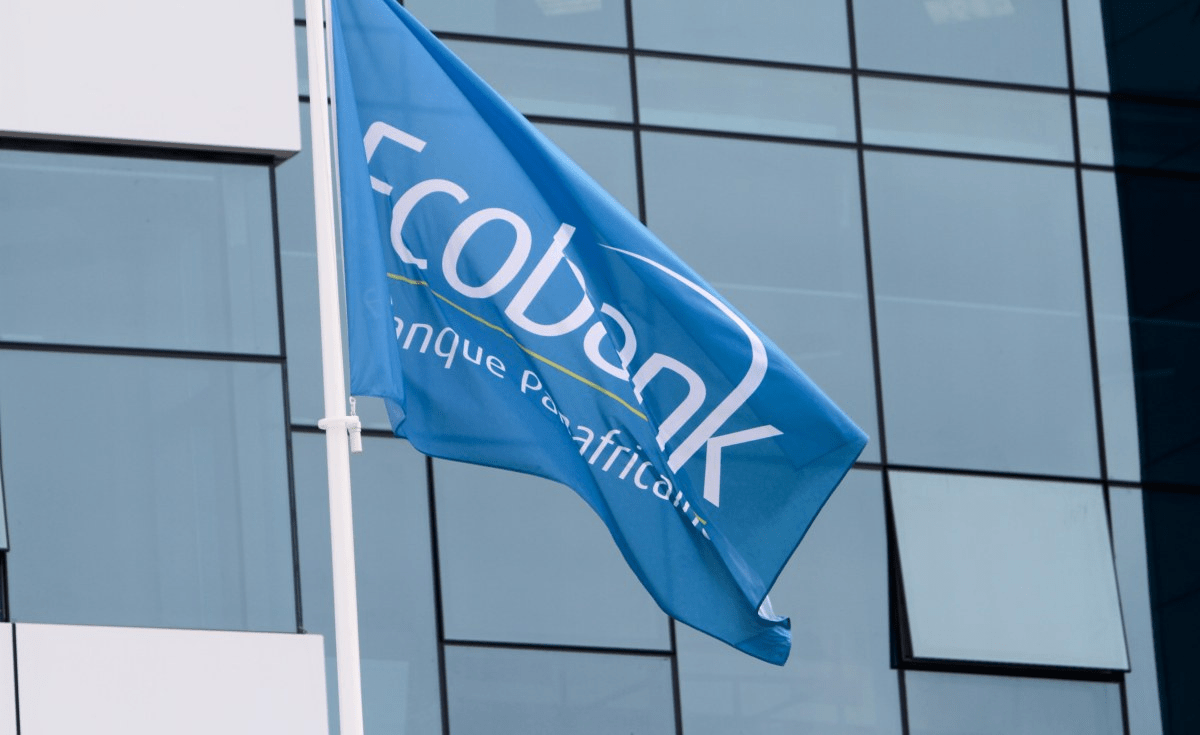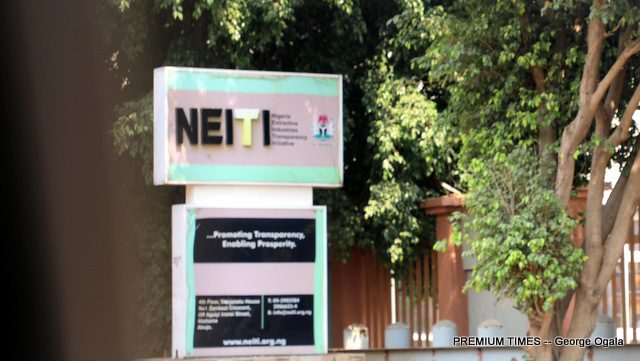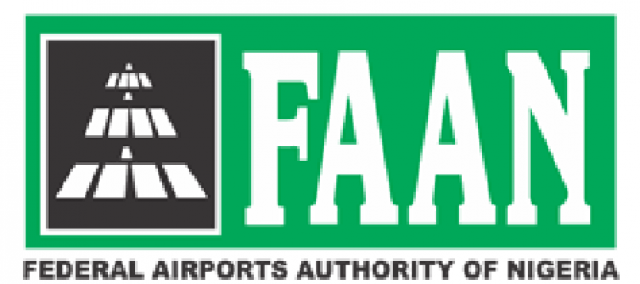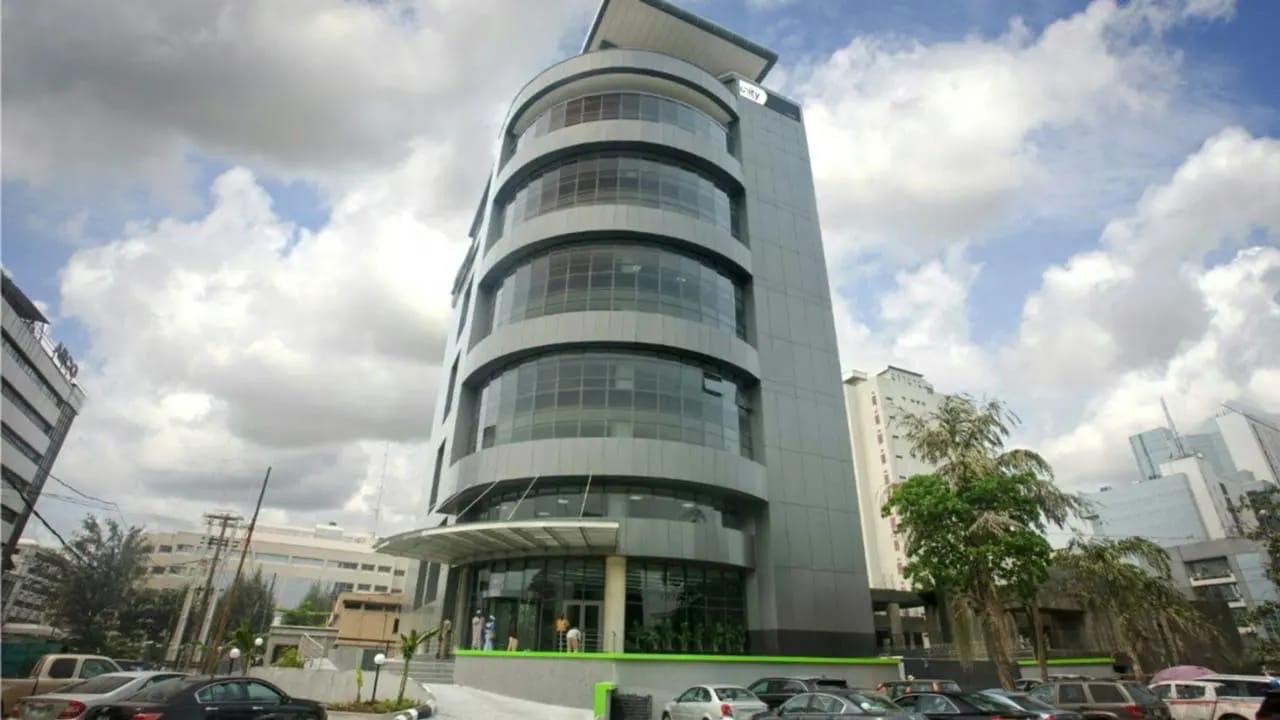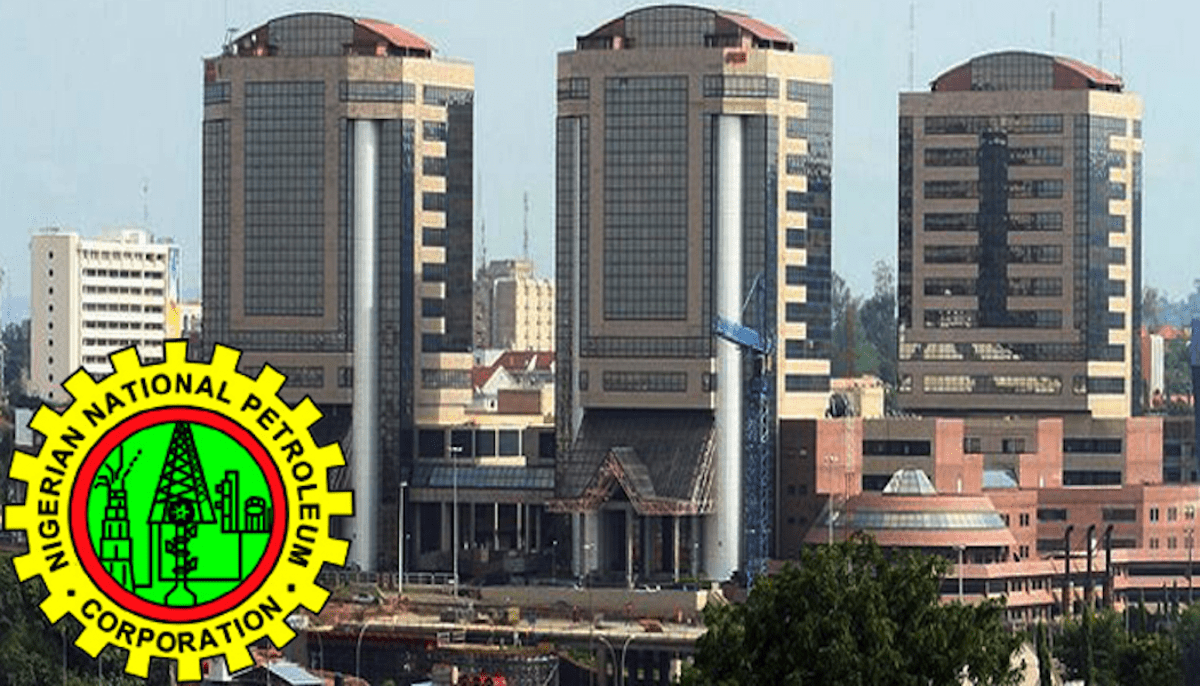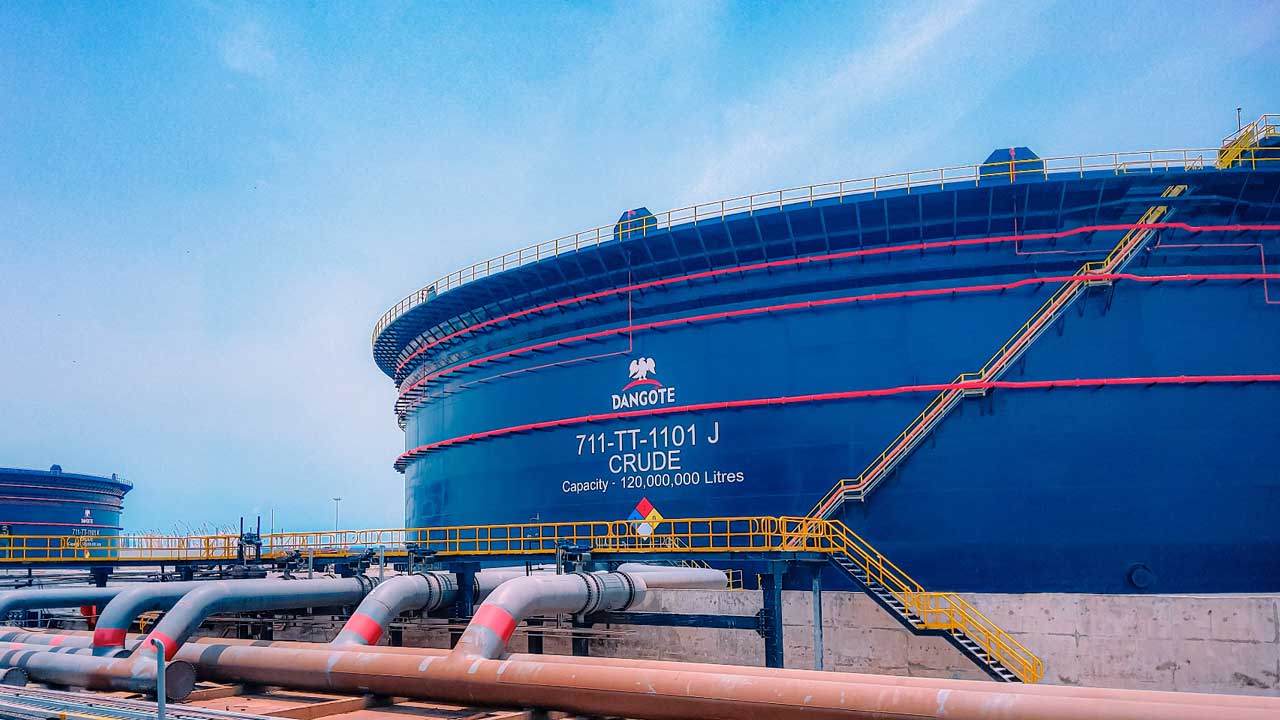After four years of unrelentless monetary tightening, the Central Bank of Nigeria has finally blinked – cutting its benchmark rate for the first time since COVID-19, in a move that exposes the fragile balance between cheering GDP growth, stubborn inflation, and the suffocating cries of manufacturers gasping for relief, writes Festus Akanbi
The Central Bank of Nigeria (CBN) has finally applied the brakes on its four-year monetary tightening streak, trimming its policy rate for the first time since the pandemic. Yet the decision, while offering symbolic relief to borrowers, has re-ignited debates about the fragility of Nigeria’s recovery and the price businesses must continue to pay to keep the economy afloat.
At its September meeting, the Monetary Policy Committee (MPC) cut the Monetary Policy Rate (MPR) by 50 basis points to 27 per cent, down from 27.5 per cent. This was no ordinary tweak. For years, interest rates had only one direction, upward, rising from 11.5 per cent before COVID-19 to 27.5 per cent in August 2025. The rationale then was clear: tame inflation, attract capital, and steady the naira. But the collateral damage was equally clear: credit dried up, investment slowed, and manufacturers suffocated under the weight of borrowing costs that sometimes topped 35 per cent.
Now, with inflation finally easing and growth rebounding, the apex bank is attempting a recalibration. The latest cut, modest as it is, signals an acknowledgement that the pendulum had swung too far. Headline inflation slowed for the fifth straight month in August to 20.12 per cent, its lowest in over two years. Gross Domestic Product (GDP) surged 4.23 per cent in the second quarter, Nigeria’s fastest pace in four years, powered by a 20.46 per cent rebound in oil output and a 7.45 per cent expansion in industry. Agriculture also held up at 2.82 per cent.
For Governor Yemi Cardoso, the policy easing is a deliberate shift to “support economic recovery while preserving macroeconomic stability.” He pointed to the stability of the naira, rising foreign reserves now at $43.05 billion (covering more than eight months of imports), and a widening current account surplus of $5.28 billion in Q2 as reasons to relax the screws.
The new policy mix also adjusted the standing facilities corridor around the MPR to +250/-250 basis points and relaxed the Cash Reserve Ratio (CRR) for commercial banks to 45 per cent, while leaving merchant banks at 16 per cent. Liquidity ratio remains at 30 per cent. On the fiscal side of liquidity, however, the CBN tightened the leash, imposing a 75 per cent CRR on non-TSA public sector deposits, a move Cardoso said was crucial for keeping excess government cash from overheating the system.
A Two-sided Coin
The move has thrown up mixed reactions. For portfolio investors, Nigeria’s appeal lies in high yields. A rate cut chips at that advantage, raising questions about capital inflows. But at 27 per cent, Nigerian assets still offer some of the highest nominal returns among emerging markets. Much depends on whether investors believe the naira’s recent stability is sustainable.
For the real sector, however, the announcement was greeted with a rare sigh of relief. Years of double-digit hikes had pushed credit costs to the sky, forcing many firms to shelve expansion plans. The CBN’s shift hints at a more accommodative environment. But is 27 per cent enough of a relief? Manufacturers say not even close.
The Director of the Centre for the Promotion of Private Enterprise (CPPE), Muda Yusuf, minced no words: “Manufacturers and other investors need oxygen and stimulus, not policy measures that worsen an already suffocating situation.”
While he welcomed the symbolic rate cut, he argued that the broader financial conditions, with the CRR still at punishing levels and the asymmetric corridor retained at +500/-100, remain too tight to ease the pain of operators.
Growth Puzzle
Nigeria’s latest GDP numbers have given policymakers room to cheer. At 4.23 per cent growth in Q2, the economy is running ahead of the government’s earlier 6 per cent annual target set in 2023, and nudging closer to President Bola Tinubu’s new ambition of seven per cent growth. The oil sector’s rebound, from a paltry 1.87 per cent growth in Q1 to over 20 per cent in Q2, was the single biggest driver. Average daily production rose to 1.68 million barrels per day, up from 1.41 million barrels in the same period last year.
Economists say this marks a turning point. “Nigeria’s GDP growth is accelerating. Inflation is moderating. Reserves are rising. The economy has moved from a risk phase to a recovery phase,” said economist Ayo Teriba on ARISE News.
Yet, the recovery has uneven beneficiaries. For manufacturers, the growth story feels distant. Their margins remain eroded by high financing costs, energy bottlenecks, and infrastructure gaps. Yusuf argues that the MPC’s easing is “misaligned with the mood of economic players,” warning that unless fiscal policy intervenes with targeted infrastructure investment and regulatory reforms, the credit chokehold will persist.
Banking Resilience and Recapitalisation
The MPC also took stock of the banking system, with Cardoso declaring it “resilient.” Fourteen banks have already met the new capital thresholds under the ongoing recapitalisation drive. The removal of waivers and forbearance measures, Cardoso added, would strengthen transparency and risk management across the sector.
Analysts see this as positive, as stronger banks are better positioned to channel credit to the private sector. But for that to happen, lending conditions must soften. Here lies the conundrum: while the policy rate has been cut, the level remains prohibitive. Independent investor Amaechi Egbo put it bluntly: “Borrowing costs may not fall dramatically, but the move provides some relief, especially for SMEs.”
Inflation and the Investor Lens
The biggest risk of monetary easing is inflation. At 20.12 per cent, headline inflation is still more than double the CBN’s single-digit target. However, many argue Nigeria’s inflation is driven more by supply-side factors, forex volatility, high energy costs, and agricultural disruptions, than by excess liquidity alone. In that sense, stimulating production through easier credit could be more effective than squeezing demand.
Foreign investors, meanwhile, are watching for consistency. A 50-basis-point cut will not alone scare them off, but it must be part of a coherent strategy. If the rate cut is backed by continued exchange rate stability and reforms that deepen forex liquidity, it could even improve sentiment. As Egbo noted, “Foreign portfolio investors are looking for both returns and macroeconomic stability.”
Fiscal Dimension
Even the CBN admits monetary policy cannot carry the recovery alone. Yusuf and others insist that fiscal policy must now step up: investing in power, transport, and logistics to bring down production costs, reforming regulatory bottlenecks to attract investment, and addressing insecurity that has stifled rural productivity. Without these, any monetary easing risks being swallowed by structural rigidities.
The call is urgent. Nigeria’s private sector, especially manufacturers, has borne the brunt of policy tightening it did not cause. “Stifling financial conditions to address liquidity issues is detrimental to investment and growth,” Yusuf said.
Delicate Balancing Act
What emerges from the latest MPC decisions is a delicate balancing act. The CBN has opened a small window for growth by trimming rates, but not wide enough to erode its inflation-fighting credibility or scare off investors. It is a cautious pivot, not a U-turn.
For the government, the challenge is to complement this with fiscal measures that cut costs for businesses and crowd in private investment. For manufacturers, the signal is bittersweet: the burden may lighten, but only slightly. And for households, the ultimate test will be whether growth and disinflation translate into jobs, cheaper credit, and stable prices.
Nigeria’s economy is, in many ways, at an inflection point. The numbers look better, faster GDP, slower inflation, stronger reserves, yet the lived experience of producers and consumers remains harsh. The MPC’s latest decision is less about what has been achieved than about what comes next. Will easing continue in measured steps? Will fiscal policy finally play its part? And will growth spill over from the oil rigs and GDP tables into factory floors and family kitchens?
The answers will decide whether this moment marks the beginning of a genuine turnaround, or merely another pause in a long, exhausting struggle for balance.

